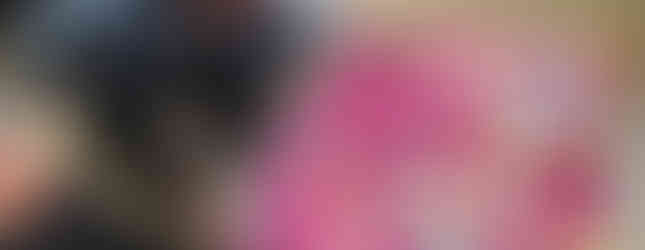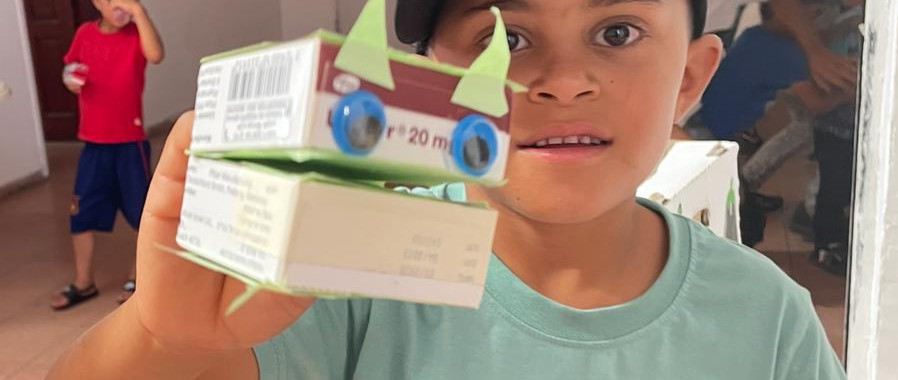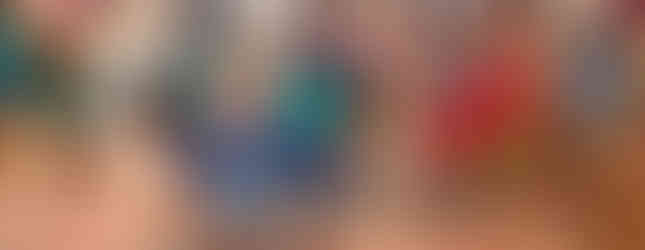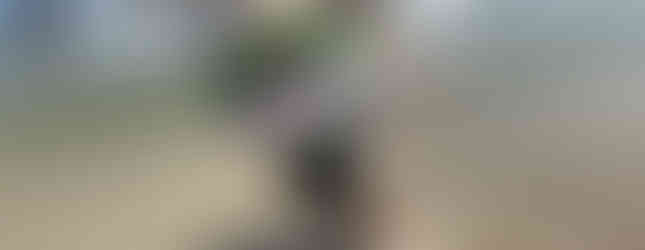jorden valley, August 11, 2022
- minelbahar2007
- Aug 10, 2022
- 2 min read
The sea is filthy. I don’t mean the seaweed – that’s not up to us (I mean, perhaps it is but I’m no expert on the connection). I mean the multitude of small colorful plastic squares, real-size plastic bags, and all of that plentitude along with the seaweed doesn’t exactly look appealing. To me.
But I guess it depends on the eyes of the beholder…
When the beholder is, say, a 14-year-old Palestinian teenager perhaps, or her mother, women and girls who live all of 100 kilometers away from the beach but have never ever really seen the sea, only pictures of it, videos perhaps, but have never smelt it, been in the water, nor stood on a beach and seen sea everywhere – when these are the beholders, even the filthy sea can be magnificent.
This pendulum between the different points of view, between the half-full and the half-empty glass, accompanied this whole day on which mothers and their children of the northern Palestinian Jordan Valley shepherd communities came to the beach.
For them it is a holiday, a nearly unique opportunity to see the sea. They dressed up, there must even have been those who had trouble falling asleep the night before, and left very early in the morning to get to the checkpoint, off the bus, undergo inspection each and every one of them, hope that everyone’s permits were all there, that everything was coordinated with the authorities, wait when problems came up – namely when, say, the permit of some little 3-year old girl fails to arrive and she is not allowed in, and after the checkpoint re-embark and remind themselves that this is a holiday, that they are going to see the sea and are permitted to be happy. And somehow, they even managed this and arrived at the beach smiling and excited. It’ was fun to see them on their holiday.
All this raises complicated feelings. Indeed, one cannot ignore the injustice in which we live, but their joy and thrill are contagious. My knowledge that these women work very hard in their everyday lives and now have this opportunity to take a free breath – makes me happy, chases away my thoughts about the fact that my own kids take going to the beach as an obvious fact of life.
After the beach and before they took a boat ride in the Jaffa harbor, during the women’s talking circle while the children had their creative session, one of the Palestinian women spoke of her own way to cope with reality: not to listen, not to hear, certainly not to speak. And I thought about the fact that this is nearly the only way to enjoy such a day, that even in spite of the checkpoints and permits and prohibitions, and the one-time occurrence that could otherwise be so available, even the filthy sea – in spite of all of that, when I finally asked someone how it all was for her, she smiled from ear to ear and said: “Wonderful!”
Ayelet Tzur

.png)





















Comments